What damage has the rule of law in the United States sustained in recent years, what can be done to repair it—and what is the outlook for the future? Those were among the questions answered by sixteen expert speakers, including members of both houses of Congress and other authorities from across the political spectrum at a Brookings Governance Studies event on the morning of October 3.
Senator Sheldon Whitehouse (D-R.I.) kicked off the proceedings by analyzing the state of the rule of law twenty months into single-party rule of the White House and Congress. He quoted one of the Senate’s greatest orators, Daniel Webster. In his Bunker Hill address of 1825, Webster spoke both of the power of the positive example of America’s democratic experiment, as well as the dangers of its failure: “The last hopes of mankind, therefore, rest with us; and if it should be proclaimed, that our example had become an argument against the experiment the [death] knell of popular liberty would be sounded throughout the earth.” Senator Whitehouse listed examples of blatant corruption of the government to which, in his view, the current Congress has turned a blind eye. He warned that Webster’s admonition still bears tremendous relevance today: “We damage our brand at our peril.”
Following Senator Whitehouse’s remarks, our first panel discussion highlighted rule of law issues relating to national security and law enforcement. Congressman Adam Schiff (D-Calif.) summarized the dilemma facing government officials by saying: it is difficult to “ethically serve a deeply unethical man.” Mary McCord, until recently the Acting Assistant Attorney General for National Security at the U.S. Department of Justice, discussed her own decision to leave government. Ultimately, she had concluded that it would be wrong for her to actively obstruct the implementation of policies with which she disagreed, and, for that reason, left her post. McCord noted that she has often felt remorse about that choice, as she recognizes the problems that would be posed if all across the government who disapproved of orders quit. Chuck Rosenberg, most recently the Acting Administrator of the Drug Enforcement Administration (DEA), presented his belief in a clear binary: either serve the administration faithfully, or resign. Rosenberg famously enjoined those in his agency to follow the law, before he eventually resigned in September 2017 because he felt he could not faithfully execute policies with which he disagreed.
In addition to highlighting the challenges posed to the law enforcement community, the three panelists and moderator Benjamin Wittes discussed solutions. Congressman Schiff outlined past errors of the House Committee on Intelligence, which he believes has abused its power to declassify intelligence to serve political ends. As a result, it is his view that the intelligence community cannot trust the committee with secure information, impairing a precondition for the committee to conduct effective oversight. Restoring that faith will require the cessation of intelligence politicization moving forward. Congressman Schiff also identified ways in which executive branch interference in law enforcement could be reduced. One bill he introduced, for example, would provide that in any investigation in which the president is a target, subject, or witness—and in which a pardon is issued—the pertinent investigative files would be provided to Congress.
The second panel of the morning, moderated by Brookings’s Susan Hennessey, explored the ongoing challenges posed to government oversight more generally. The panelists’ bipartisan consensus was that the current Congress has abdicated its duty to oversee the executive branch. Congressman Cummings (D-Md.) criticized the failure of the House Committee on Oversight and Government Reform (of which he is the ranking member) to conduct a proper investigation into the administration’s and FEMA’s haphazard response to the damage wrought by Hurricane Maria, which research indicates killed more people than Hurricane Katrina. The Congressman contrasted today’s weak response to the vigorous investigation led by former Congressman Tom Davis (R-Va.) into the Bush administration’s neglect in Katrina’s wake. Congressman Cummings explained that effective oversight is impossible to conduct without information (“you might as well go home and play golf”), and indicated that the majority party has quashed the committee’s attempts to gain documents.
According to panelist Danielle Brian, executive director of the Project on Government Oversight, there are over sixty outstanding investigative requests from the minority party that have been ignored—a stark deviation from prior bipartisan collaboration in the committee. She observed that oversight failures are accelerating. Former Congressman David Jolly (R- Fla.) shared his view that the oversight committee has become nothing more than a political tool. He suggested that structural solutions might provide a minority party more mechanisms to conduct oversight without requiring explicit permission of the majority, for example constructing the committee of equal number of members of both parties and pointing to the House Ethics Committee as a model of that approach. As conservative commentator Charlie Sykes sees it, what is occurring is evidence of institutional decay. To him, Congress’ refusal to hold hearings over the handling of Hurricane Maria or the detention of children at the border is unforgivable. Congressmen and women should not operate as agents of the presidential administration; their fundamental purpose is to be tribunes of the people, he suggested. In Sykes’ words, “Congress was not supposed to be a constitutional potted plant.”
The third and final panel, which I moderated, examined judicial and law enforcement independence. Congressman Jerry Nadler (D-N.Y.) explained his view that the current administration has systematically and chaotically (“an interesting combination”) attacked the guarantors of the rule of law, in particular: the judiciary, DOJ and the FBI. Former Congressman Mickey Edwards (R-Okla.) suggested dangers surrounding the rule of law started well before the Trump administration, pointing to a long-standing deterioration in Congress’ oversight role. Despite these threats, both Paul Rosenzweig, former Senior Counsel to Independent Counsel Starr and a Senior Fellow at R Street, and Carrie Cordero, former Attorney Advisor at the U.S. Department of Justice and a Senior Fellow and General Counsel at the Center for a New American Security, expressed trust in an important current example of the rule of law: the investigation by Special Counsel Robert Mueller.
The panels were interspersed with discussions of that investigation via video interviews with Judge Ken Starr, former independent counsel, and Preet Bharara, former U.S. Attorney for the Southern District of New York. Both expressed admiration for the work of Special Counsel Mueller. Judge Starr also referenced Deputy Attorney General Rod Rosenstein’s career following the rule of law giving him “great confidence” in the investigation.
I ended the conference on my optimistic takeaway from the speakers and panels, and my study of the past 100 years of the battle for democracy: the rule of law has survived worse threats and it will survive this one as well.
Adrienne Epstein contributed to this post.
The Brookings Institution is committed to quality, independence, and impact.
We are supported by a diverse array of funders. In line with our values and policies, each Brookings publication represents the sole views of its author(s).
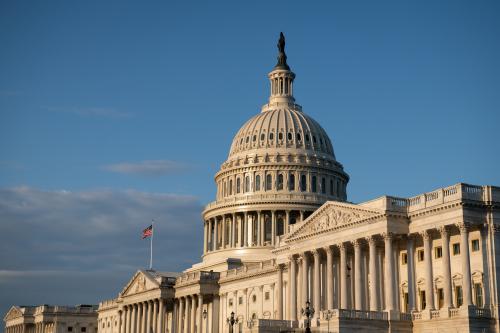

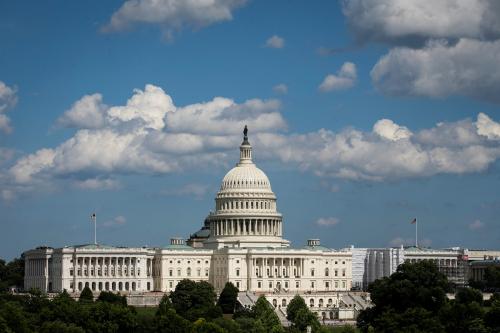
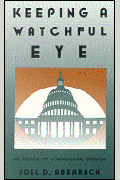
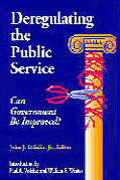
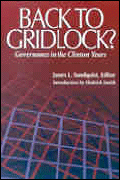

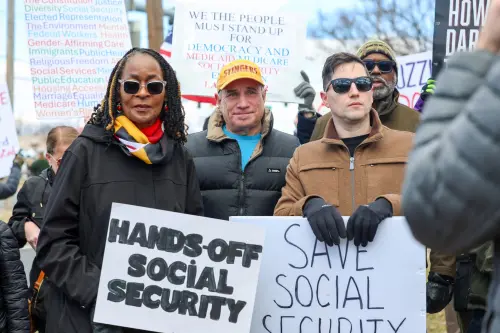
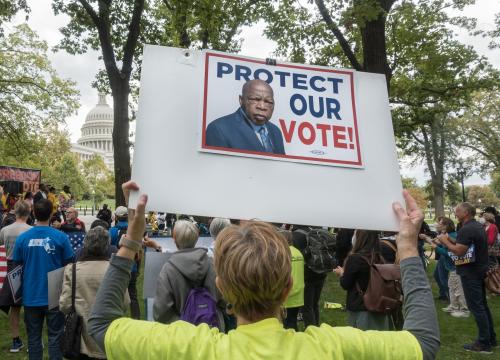
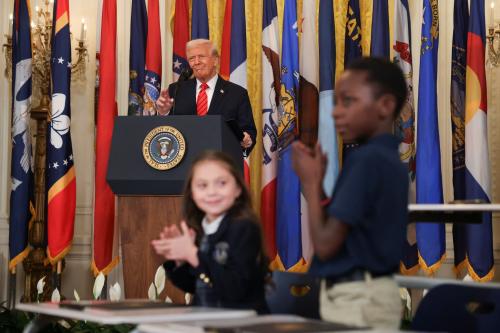
Commentary
Understanding and addressing the threats against the rule of law in America today
October 8, 2018